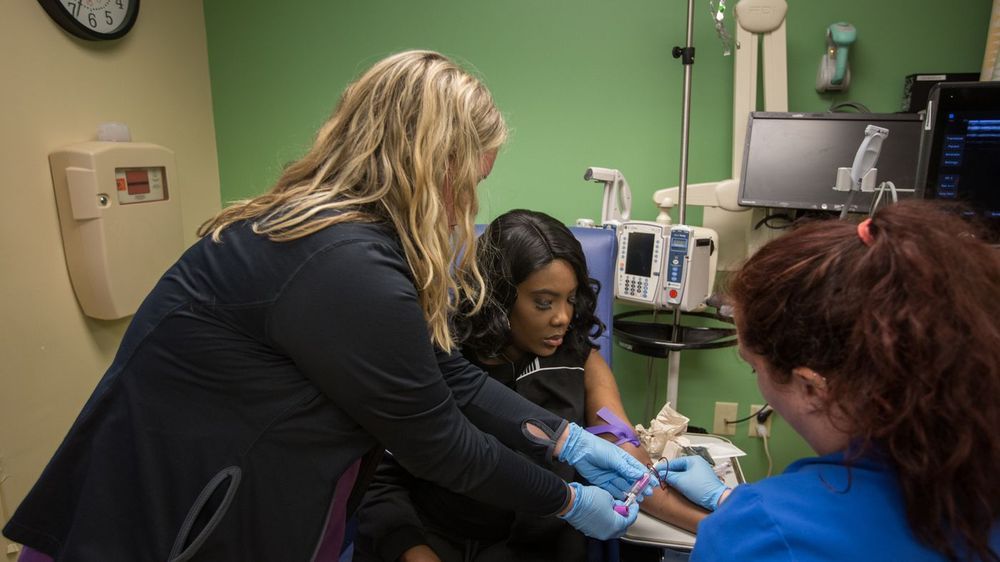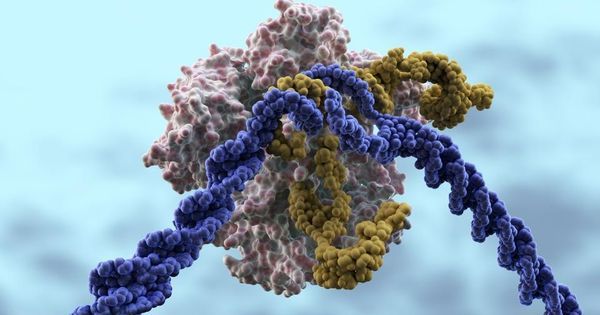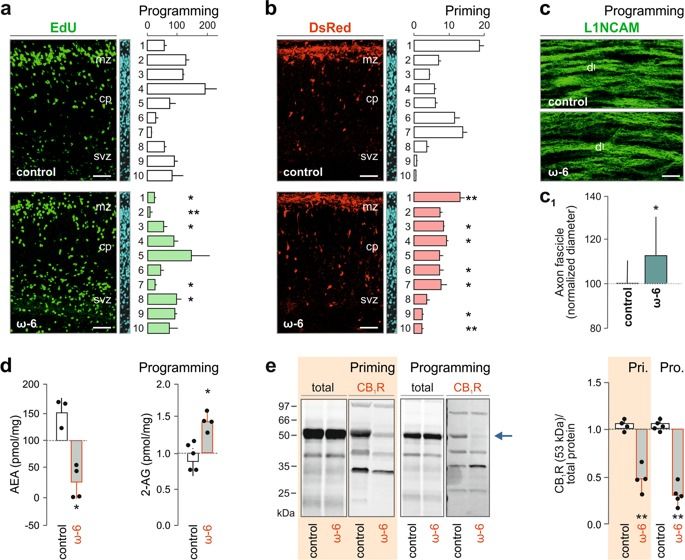CRISPR, the revolutionary ability to snip out and alter genes with scissor-like precision, has exploded in popularity over the last few years and is generally seen as the standalone wizard of modern gene-editing. However, it’s not a perfect system, sometimes cutting at the wrong place, not working as intended and leaving scientists scratching their heads. Well, now there’s a new, more exacting upgrade to CRISPR called Prime, with the ability to, in theory, snip out more than 90% of all genetic diseases.
Just what is this new method and how does it work? We turned to IEEE fellow, biomedical researcher and dean of graduate education at Tuft University’s school of engineering Karen Panetta for an explanation.







